Kristen graduated from Webster University in St. Louis. Her reporting has focused on human rights issues and technology…
Lead Writer & Producer

Kristen graduated from Webster University in St. Louis. Her reporting has focused on human rights issues and technology…
Lead Writer & Producer

Alexis Merdjanoff explains why disaster recovery plans leave communities unprepared, how timing is critical for mental health support, and how investing in strong social connections before tragedy hits can speed recovery.
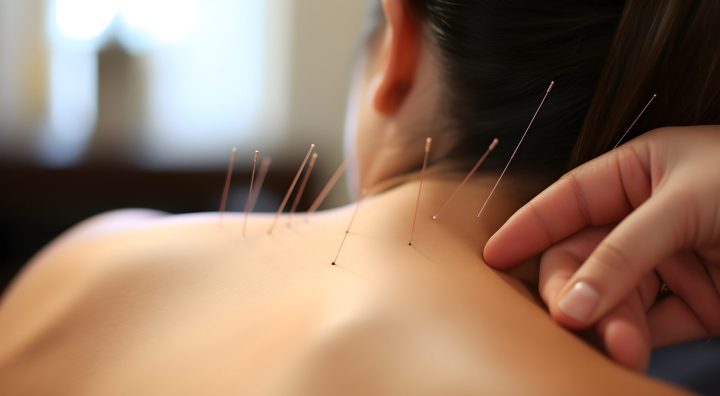
Dr. Kim Feingold and Ania Grimone discuss the ancient medicine practice that’s providing much-needed relief for these patients.

You may soon be able to detect skin cancer at home. A healthy childhood may be more important than you think. We need better ALS detection. Is watching TV good for your health?
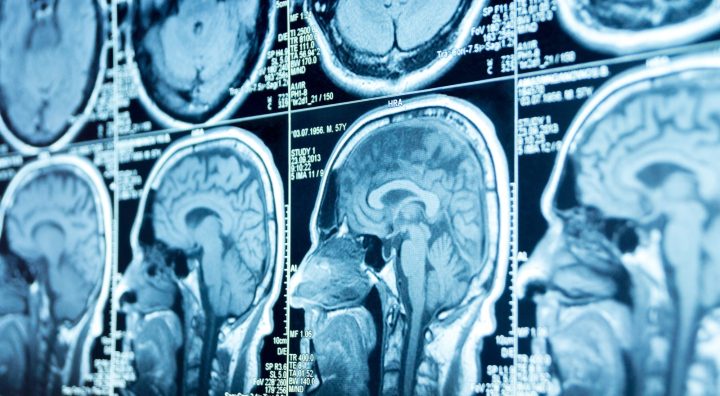
Dr. Wajd Al-Holou explains his breakthrough research on the cancer’s metabolic habits and how it’ll help increase life expectancy for patients.
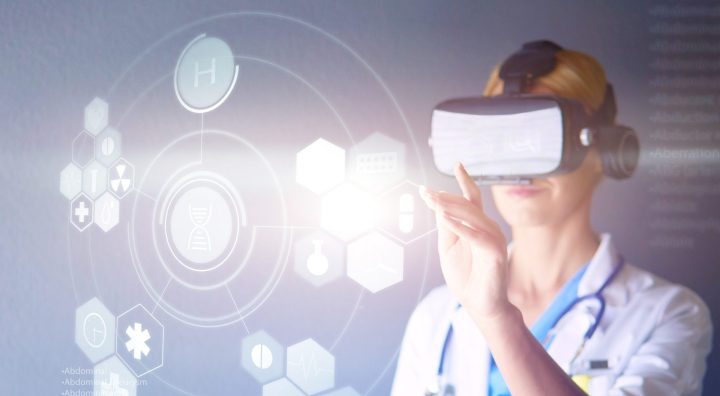
Our experts discuss how immersive reality and Disney technology can help give patients the religious rooms they crave while fighting for their lives.

Are you taking too many medications? Your blood may soon have tiny robots flowing through it. We can detect more cases of alzheimer’s disease, so why aren’t we? A new fix for carbon monoxide poisoning.
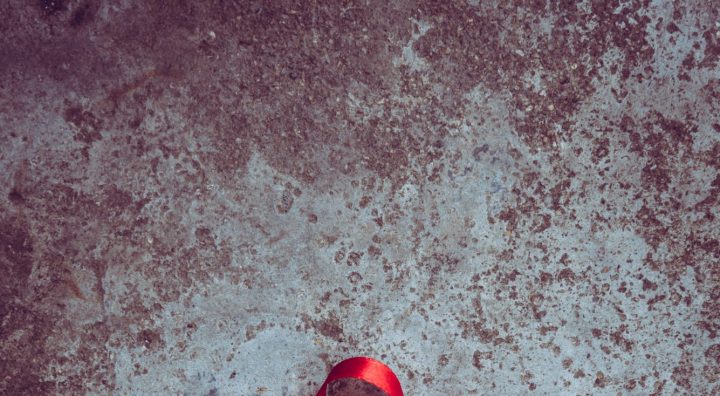
ur experts explain the history behind the harmful stigma and the innovative initiatives that will help end this epidemic.

Why are weight loss drugs so difficult to take long-term? Alcoholism doesn’t just affect one person. Fix your bad knees without surgery.
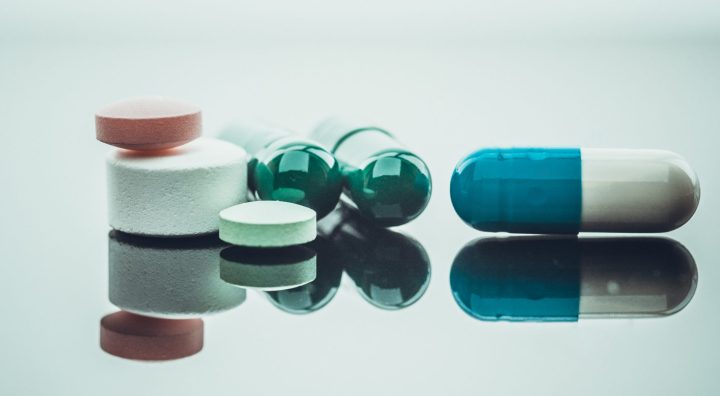
Our expert discusses the steps needed to keep consumers safe.

Some diseases are tough to self-diagnose, but AI is here to help. Does bacteria get a bad rap? Have you had enough water today? Probably not – and that’s a big problem.

While these triggers can create harmful cycles if ignored, our expert explains how they can act as protective mechanisms that can be our biggest strengths to improve relationships and turn vulnerabilities into personal superpowers.

Our experts break down what research shows to be the most effective options and the surprising results for what doesn’t work.
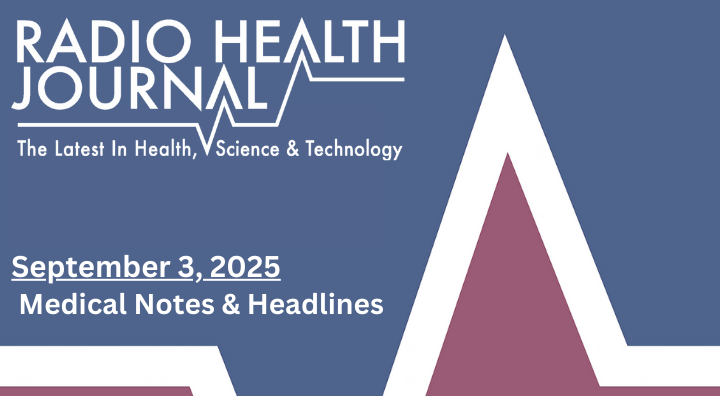
Toothpaste may be the cause of your child’s allergies. An antimicrobial chemical called triclosan (try-klow-san) has been a staple ingredient in everyday products like mouthwash and clothing for decades. A new player in the fight against forever chemicals. An apple a day may help you sleep better.

Author Judith Pearson discusses the three women who transformed the breast cancer movement into what we see today.

Our experts explain when growth hormone is appropriate, and how the real solution to shorter kids feeling inferior is society’s mindset.
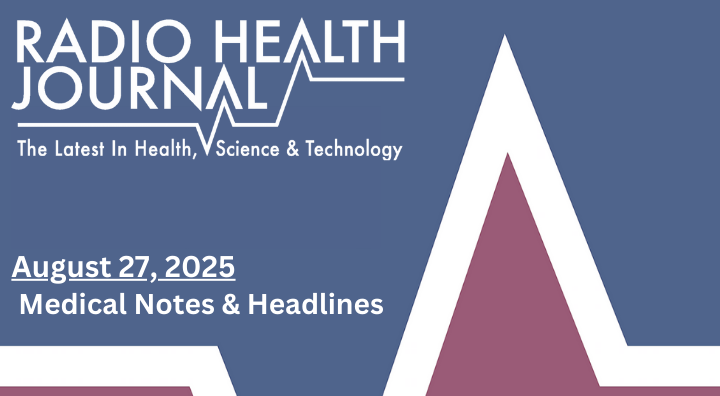
Not all generic drugs are created equal. How much of a benefit do you get from learning a second language? A new product to help stop the spread of malaria. Your next hospital visit may look a bit greener.

Nathan Fitton explains how this impacts the athletes’ careers later in life and recommends a protocol that will reduce overuse injuries.

Dr. Peter Rabins how advances like new blood tests, medications, and lifestyle changes can make a noticeable difference.
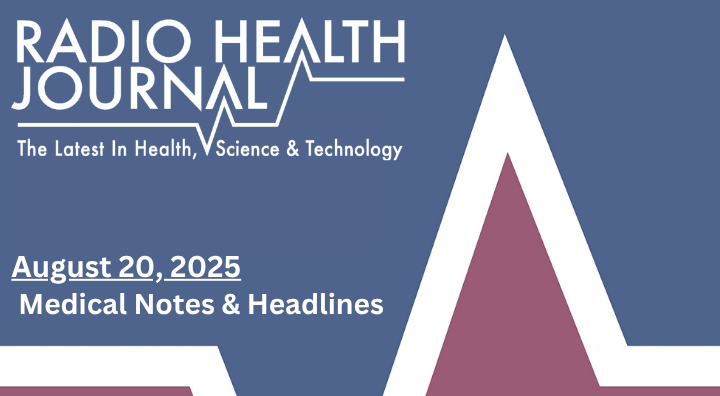
Is your gut making you sick? Should you be drinking one type of water over all the others? Does vibrant food make us eat more? If you’re sick of hangovers, we may have a solution.

Experts argue that reform – not removal – is key to creating a more transparent and efficient system.
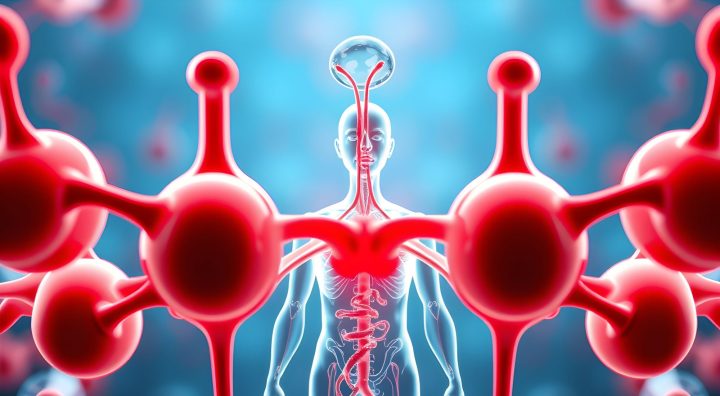
Dr. Julie Taylor explains the proper tests and education that can help women find the root cause of many different symptoms, empowering them to better understand and manage their health.
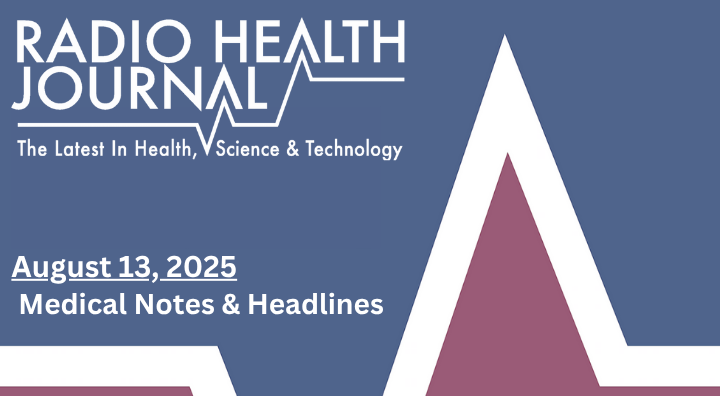
You should sleep more to ease your headaches. Should you swap your morning coffee for magic mushrooms? Does exercise always make you happier? You may be more extroverted than you think.
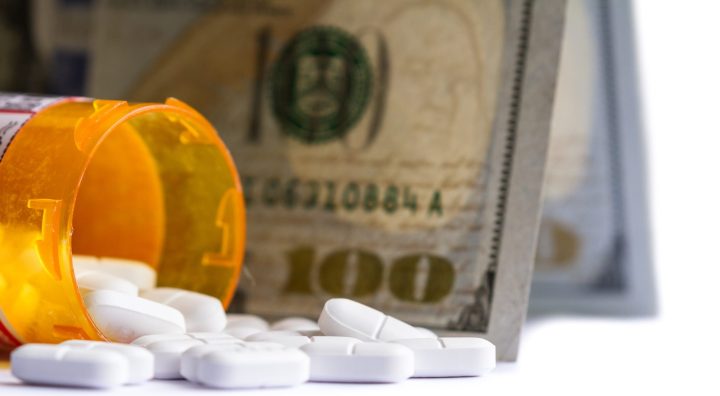
Our experts explain how PBMs have evolved from simple claims processors into complex organizations that work behind the scenes for insurance companies, pharmacies, and employers.

Gupta’s newly proposed framework aims to reshape how scientists study and treat anxiety.
Subscribe to get the latest from Radio Health Journal directly in your inbox.

